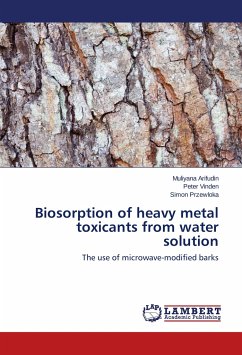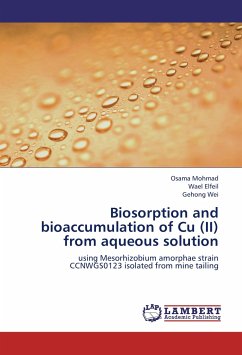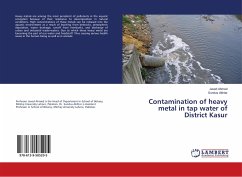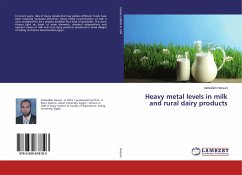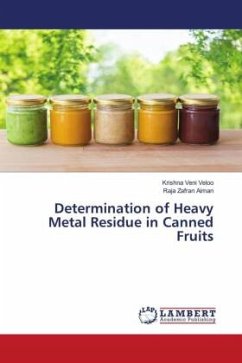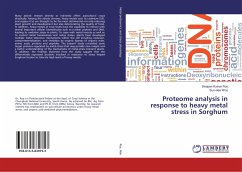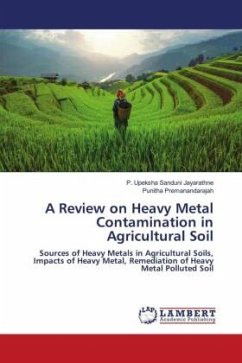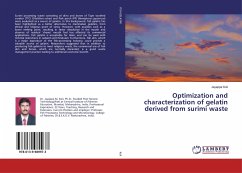Heavy metal contamination is a major environmental issue and is of global concern. Pollutants such as oil, proteins and heavy metals arising from industrial activity, domestic waste, for example sewerage, contamination from mining activity, agriculture and infrastructure development all contribute to the contamination of soils and water ways and pose an increasing threat to the environment and living organisms. Softwood and hardwood barks represent waste products with unique chemical properties including significant quantities of tannins that have an affinity for scavenging and immobilizing these pollutants. This book provides an analysis of the literature that has been undertaken in relation to the reactions between heavy metals and barks and provides a fundamental approach to modeling and characterizing heavy metal immobilization in bark. Research is described which quantifies heavy metal immobilization and techniques for modifying barks such as high temperature microwave heating and pressure steaming to optimize their performance in relation to scavenging pollutant.

